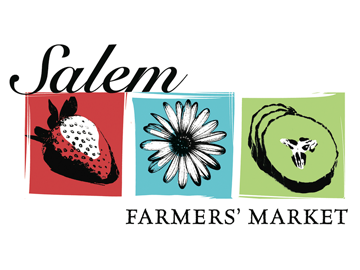There has been a study about the nutritional levels of organic foods vs conventionally grown. (Though, it seems organic is quickly becoming the conventional for non big AG farms.) But the study talks about a question that I think most people have moved on from years ago. When our market first opened, we ( the people volunteering to run the Market) too thought organic was the most important thing to look for, but soon learned that people cared about local more. The farms had mostly all moved on to organic style practices, though they could not advertise themselves as such. It takes years to get certified, so even if you practice organic farming, you may not have the certificate. If you are a small farm, you also may not be able to afford said piece of paper.
The Organic title is important to many, but with supermarkets and the Wal-Marts and Costcos using it as well, I think the word has lost some of its oomph (if you will). And with no strong, black and white definition of what can be called organic, one could ask “how organic?” – how do you know what you are getting, if everyone is playing by different rules? One can say the same for local – definitions of what a locavore is vary wildly. But I think that is a term that people can better wrap their head around. Here in Salem, if an apple is from North Carolina, it isn’t local. (the gray area probably starts with what New England states fit that definition.)
The study has gotten quite a bit of attention, with a lot of people saying that the reason to buy organic has less to do with nutrients, and also more about a conscience choice to want fewer chemicals on our food, for them to be natural (as opposed to genetically modified), to name but two of the oft-mentioned reasons. I am behind those, and I think you get that from the local farms here in Massachusetts. We kind of have the best of all worlds.
An article on the report:
